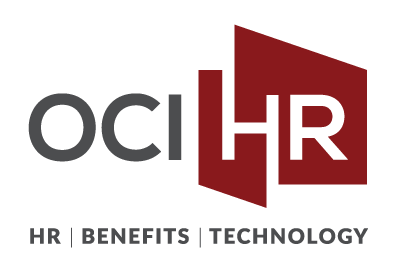Author: Riia O’Donnell
A recent study by PwC reveals a shocking statistic: Only 10% of teachers say they feel confident teaching high-level technology, even though they know students will need a strong tech knowledge base to succeed in the workforce.
It’s estimated that in two short years, by 2020, almost 80% of jobs will require some degree of technical skills. The lack of confidence on the part of teachers and the estimated need may be dire news for employers. In a separate PwC survey, 79% of CEOs in the US are concerned the shortage of people with key skills could impact their companies’ growth.
The first step, Schuyler said, is to equip teachers with the skills they need to educate this future workforce. Teachers recognize the rapid pace of change in technology and are looking for resources and professional development opportunities to keep up and upskill at a personal level. For school districts, however, resources may constrain access to the tools needed to train them.
“The private sector,” Schuyler said, “has the insights, resources and skills needed to provide current teachers with the support they need.”
She points to PwC’s Access Your Potential, a $320 million commitment to teach underserved students tech and money skills. The company is developing a Digital Fitness App for teachers, in addition to collaborating with experts from their 50,000 partners and staff to organizations like CareerVillage, iMentor, FIRST Robotics and others to provide curriculum, mentoring opportunities, and career advice for students. They’ve also worked with Code.org, to create supplemental training and resources for teachers to help facilitate tech courses in the classroom.
Courses are regularly updated with the pace of the evolving workplace landscape so students can stay up to date — and employers have a crop of potential workers interested in the jobs that need to be done.
For higher education …
At the college level, it’s estimated that 50% of subject knowledge acquired in the first year of a four year tech degree will be outdated by graduation. Julie Meyer, director of talent management at West Monroe Partners, explained to HR Dive in an email the details of their Journey Program: early identification campus recruiting in which they partner with a number of local schools to provide training and real-world experience for college students that are interested in pursuing consulting.

